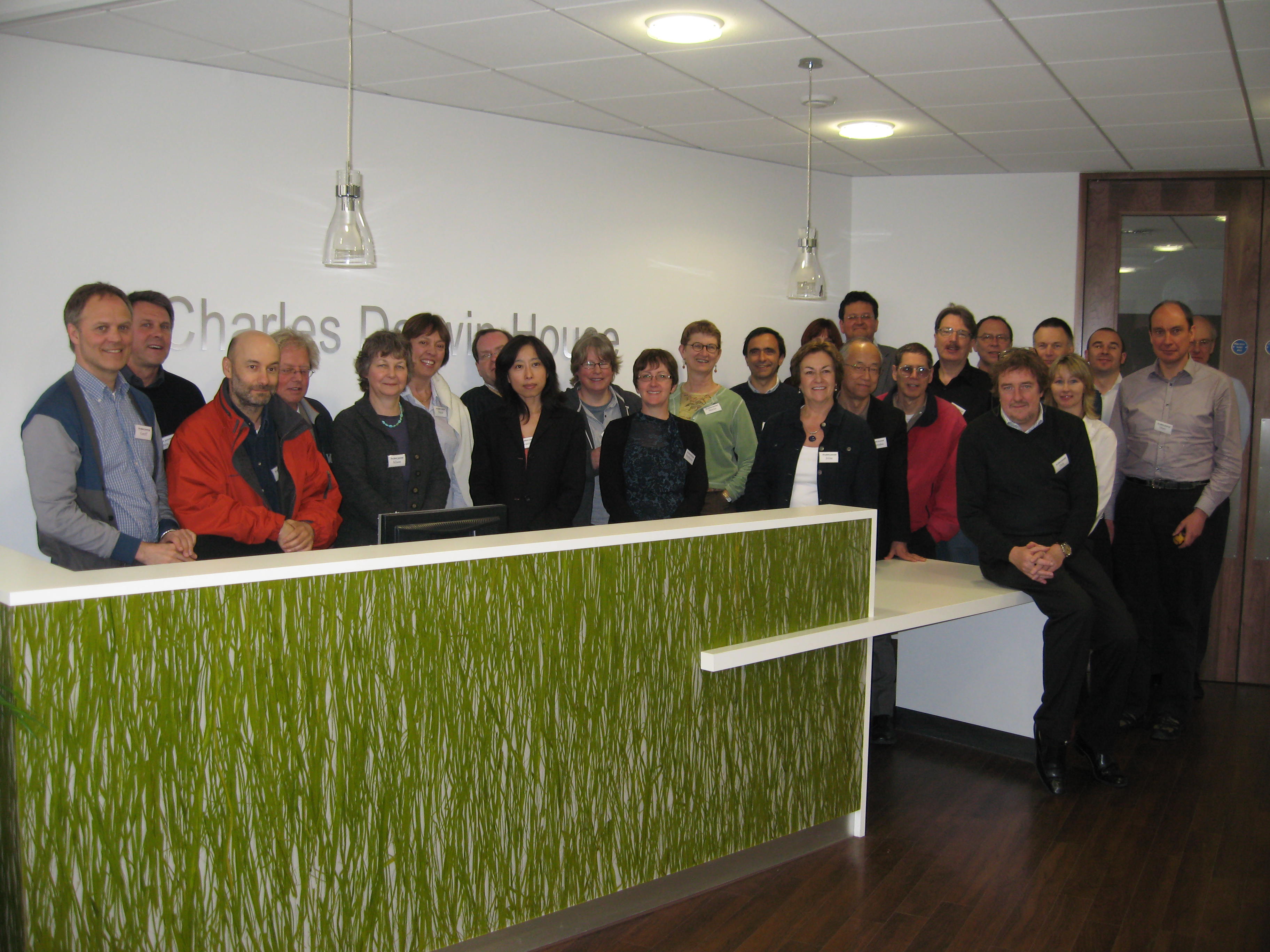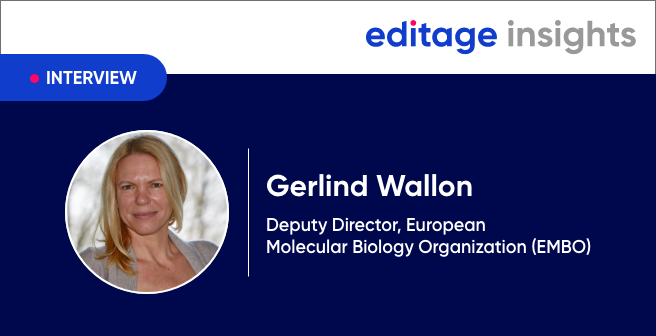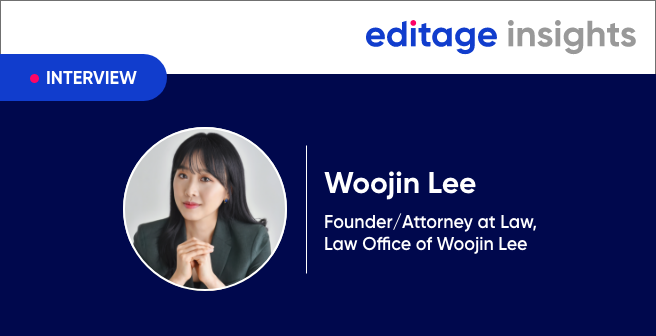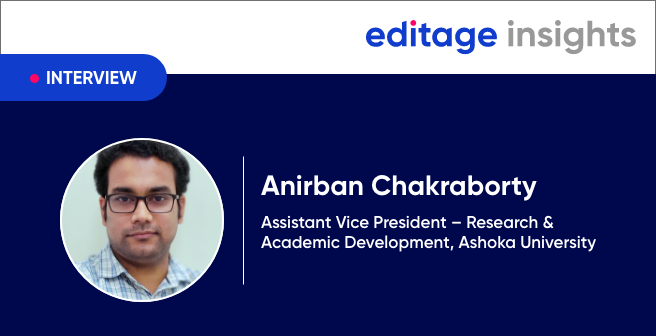Keeping the scholarly record sound – a journal editor’s duty

Dr. Irene Hames is an independent research-publication and peer-review specialist with over 30 years’ experience in scholarly publishing. Currently, Dr. Hames holds advisory roles with a number of organizations such as Sense About Science and the International Society of Managing and Technical Editors. She holds a PhD in cell biology, is a Fellow of the Society of Biology, and sits on the Society’s Research Dissemination Committee. (See her extended biographical summary in part one of the interview series.)
In the previous segments of our interview series, Dr. Hames discussed ethical issues in scholarly publication, the work of the Committee on Publication Ethics, how the journal editorial process has evolved over the years, and what the community can expect from peer review. In the last part of the series, she shares how journal editors should handle flaws with studies, how she and thousands of other scientists help promote a public understanding of science, and more.
When peer review fails to catch serious flaw with studies, how do journals typically handle matters internally? How rigorous and prompt is (or should be) the journal’s approach to address and improve their system and staff/reviewer practices?
Whenever flaws in studies a journal has published or has under consideration for publication are brought to a journal’s attention, that journal has a duty to look into this – whoever has alerted them, whether it be a reader, a reviewer, an editor, or an anonymous whistle blower. If the problem stems from the review process, that needs to be addressed, processes revised if necessary, and people trained if there have been human failures. All journals should have a programme of staff and editor education and training. It’s not, however, realistic to expect journals to be able to catch all cases, for example those where a researcher has deliberately set out to fabricate or falsify results.
Editors have a duty to keep the scholarly record sound and to correct it if something they have published in their journal is found to be flawed or unsound, whatever the reason. The COPE Retraction Guidelines provide guidance on how to do this and when corrections, retractions, or expressions should be used. If there are concerns about potential misconduct or ethical transgression by researchers, editors need to contact their institutions and ask them to investigate; that isn’t the responsibility of journals. Journals should always act promptly, but fairly, and not sacrifice thoroughness for the sake of speed. It’s important to hear all sides of a story, as I know from my own experience of handling many cases that things that appear on the surface to be misconduct are often the result of carelessness, lack of knowledge, or miscommunication.
Annual editorial meeting of The Plant Journal, Spring 2010, Charles Darwin House, London – Dr. Irene Hames (front row, second from right, in the white T-shirt and dark blue jacket) with the editorial board and editorial staff.
You are an Advisory Council member for Sense about Science in the UK. Can you tell us how and why 5,000 scientists (Nobel laureates, postdoctoral researchers, and PhD students) are promoting a public understanding of science? What is the Voice of Young Science network and how are early career researchers benefiting from such engagement? How can people across the world get involved?
The public understanding of science is important both from the personal perspective, so people can make informed decisions about their own lives, and from the societal one, so they can be involved in the broader technological and scientific issues that are impacting everyone’s lives in an increasingly technological world. When medical and science stories appear in the press and other media, especially when sensationalized, it can be very difficult for members of the public without specialist knowledge to know what to believe and what to view with skepticism. Is the story about a new cure for cancer based on evidence or on pseudoscience? Sense About Science helps the public understand peer review and its place in the scientific research and publication process. Also, with the help of the scientists on its database it produces publications to help the public understand complex issues, for example its Making Sense of series, which includes booklets on chemical stories, radiation, weather and climate, statistics, and screening. Several translations of its public guides have been produced, including a Chinese version of the public guide to peer review, and Italian, Croatian, and Spanish translations of the guide I’ve got nothing to lose by trying it.
VoYS, the Voice of Young Science, is Sense About Science’s international network of around 1500 early career researchers built up through workshops held in the UK, South Africa, Slovenia, Portugal, Italy, Ireland, and the US. They are encouraged to play an active role in public debates about science, and VoYS provides workshops (e.g. on the media and peer review) and resources to enable them to do this. I take part in quite a few of the workshops on peer review and know they’re very popular and do a lot to help early career researchers understand peer review and research publication more generally. VoYS also engages in ‘myth-busting’ and evidence-hunting campaigns (contesting false or misleading product claims), and you don’t need to be based in the UK to take part in its campaigns. Some of the campaigns have received wide media coverage and had a great impact internationally. In 2009, for example, VoYS joined with medics and researchers working in Africa to urge the World Health Organization to condemn the promotion of homeopathy for serious diseases.
People from all over the world are encouraged by Sense About Science and VoYS to join its networks, attend its workshops and sign up to the expert database. For more information, visit http://www.senseaboutscience.org/pages/work-with-us.html.
Lastly, what do you like to do when you’re not busy working or raising awareness through activities and tweets?
The ‘semi-retirement’ and book writing I planned after leaving my journal 3 years ago don’t seem to have materialized – too many interesting projects and invitations have come along! My husband and I love walking and we’re fortunate to live in a part of the UK where we have easy access to stunning countryside, hills, lakes, and beaches. So when we can, we escape there with our walking boots and walk miles. I love cooking, and have a few tapestry projects on the go – one day I’ll get to finish them. Family and friends are also very important to me and we try to get together as much as possible.
Thank you, Dr. Hames.
This interview series was conducted by Alagi Patel.




